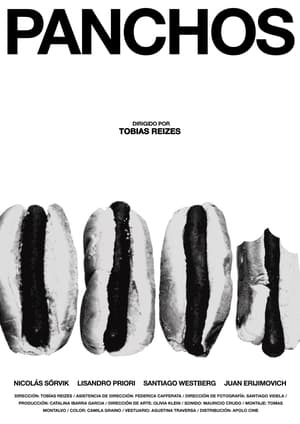
The Sweet Number - An Experience of Consumption(1969)
The subtitle of this merry performance is "An Action Text", indicating that the artist's introduction for the vaudeville number was an inflammatory impetus. Export provides precise instructions for the use of a wrapped box of chocolate-covered candy produced by the renowned Viennese company Hofbauer. However, she has not made an advertisement for them and their presentation, but instead, she extols the packqge and confection as a work of art. Severe degradation of the surviving tape further blurs our perceptions.
Movie: The Sweet Number - An Experience of Consumption
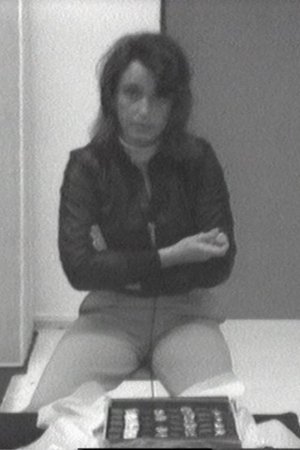
Die süße Nummer: Ein friedliches Konsumerlebnis
HomePage
Overview
The subtitle of this merry performance is "An Action Text", indicating that the artist's introduction for the vaudeville number was an inflammatory impetus. Export provides precise instructions for the use of a wrapped box of chocolate-covered candy produced by the renowned Viennese company Hofbauer. However, she has not made an advertisement for them and their presentation, but instead, she extols the packqge and confection as a work of art. Severe degradation of the surviving tape further blurs our perceptions.
Release Date
1969-01-01
Average
0
Rating:
0.0 startsTagline
Genres
Languages:
DeutschKeywords
Similar Movies
Liquidation(fr)
Scratches. Cross-outs. Stripes. Arnaud is tirelessly attacking ancient masters' painting reproductions with the tip of his pen. His free and living interlaces highlight shapes and figures.
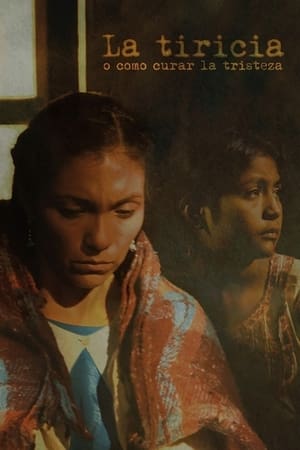 5.5
5.5The Doldrums or How to Cure Sadness(es)
The tiricia is an illness of the soul when the heart is saddened. A story of three generations afflicted with being tiricientas: Ita, Justa and Alicia – grandmother, mother and daughter – who have at different times suffered, tolerated and allowed abuse, dragging on the disease. Alicia decides to break the cycle, eradicating it for future generations.
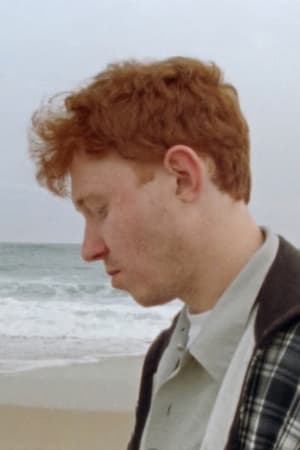 10.0
10.0You'll Never Guess What Happened Next(en)
Shot during King Krule's Shhh Tour, this concert film includes a series of stripped-back intimate shows.
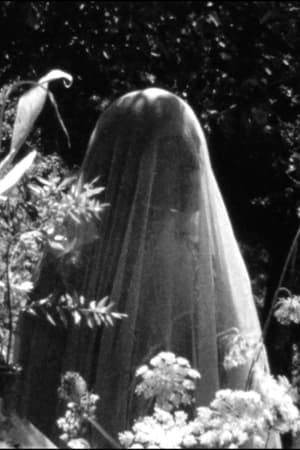 0.0
0.0L'île aux robes(fr)
Visual haiku dealing with still and living life, ghosts and revealing light.
 4.9
4.9Visions of Europe(en)
Twenty-five films from twenty-five European countries by twenty-five European directors.
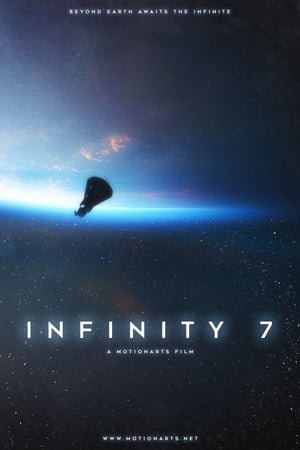 0.0
0.0Infinity 7(en)
A lone astronaut’s spacecraft malfunctions, threatening to leave him stranded in orbit forever.
The Edge of Limbo(fr)
Samentha is a mediator for the spirits haunting her apartment. One morning, she has to confront repairman Christophe, who apparently caused grievous harm in the past but denies all accusations.
 3.5
3.5Making of KAMEN RIDER GAIM : Soccer Grand Final! Golden Fruit Contest! Hero Japan's National Team Summer(ja)
Making-of DVD for a film of tokusatsu series "Kamen Rider Gaim" starting to be shown at theaters from July 2014. Includes a documentary of the shooting scenery and interviews with staff and cast. Was included as a Bonus disc with Blu-ray version of the film. Complete recording of the filming site of the movie that you can't miss!/Full recording of the filming site of "Theatrical version Kamen Rider Gaim Soccer Great Decisive Battle! Golden Fruit Scramble!" released in July 2014! and interviews with guest cast members such as Masafumi Nakayama and Ainosuke Kataoka!! / Release the making video that will definitely make the movie more interesting than anywhere else!
 6.0
6.0Hedda Hopper's Hollywood No. 2(en)
Hedda Hopper plays hostess at a party for her (grown) son William (DeWolfe Jr.). Hopper, attends the dedication of the Motion Picture Relief Fund's country home and goes to the Mocambo. There is also a sequence dedicated to the Milwaukee, Wisconsin world premiere of the first short in this series attended by more that a few film stars.
 6.5
6.5DC Showcase: Sgt. Rock(en)
Just after recovering from losing his entire unit in battle, Sgt. Rock leads a special army of commandos against a Nazi secret research base.
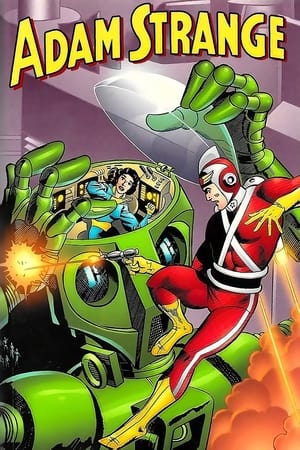 6.4
6.4DC Showcase: Adam Strange(en)
On a rugged asteroid mining colony, few of the toiling workers are aware that their town drunk was ever anything but an interplanetary derelict. But when the miners open a fissure into the home of a horde of deadly alien insects, his true identity is exposed. He is space adventurer Adam Strange, whose heroic backstory is played out in flashbacks as he struggles to save the very people who have scorned him for so long.
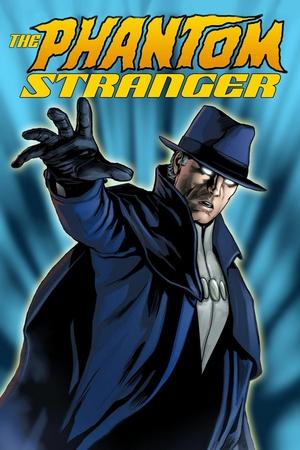 6.8
6.8DC Showcase: The Phantom Stranger(en)
Jess joins her friends at a party in a dilapidated mansion hosted by the mysterious Seth. When odd things begin to happen to Jess and her friends, the Phantom Stranger intervenes to save her from a dreary fate.
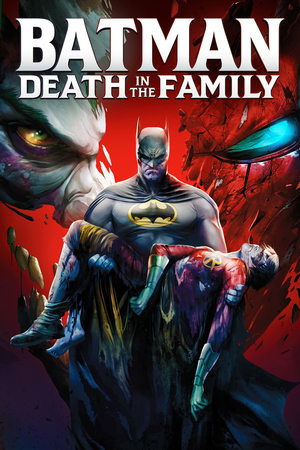 7.1
7.1Batman: Death in the Family(en)
Tragedy strikes the Batman's life again when Robin Jason Todd tracks down his birth mother only to run afoul of the Joker. An adaptation of the 1988 comic book storyline of the same name.
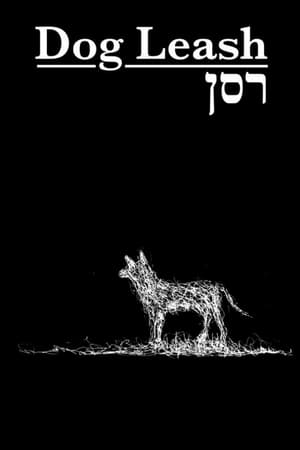 3.2
3.2Dog Leash(en)
Cracks are starting to burst in Marina's frozen life, leading towards finding refuge in dangerous places.
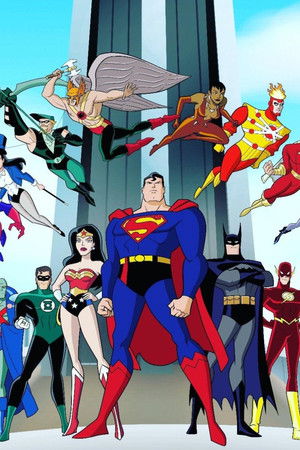 8.0
8.0Justice League: The First Mission(en)
A short film that acted as the developmental pilot for Justice League, including a unique Justice League featuring younger heroes like Robin, Impulse, and Cyborg.
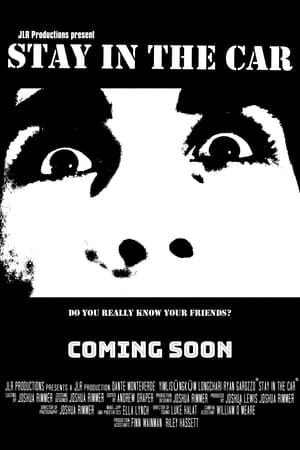 0.0
0.0Stay in the Car(en)
A young man begins to question his relationship with his friends following a harrowing incident.
 6.5
6.5Tekkaman Blade: Twin Blood(ja)
Twin Blood is an alternate version of Blade and Evil's first battle, with drastically different character and mecha designs from the rest of the series. Blade/D-Boy does not need Pegas to transform and the armor more closely resembles the Radam humanoids from Tekkaman Blade II.
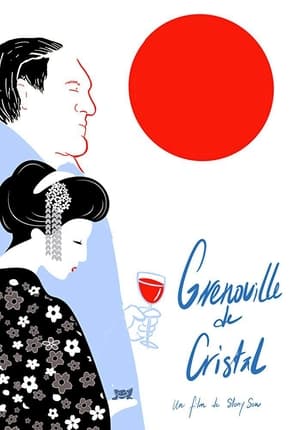 8.0
8.0Crystal Frog(fr)
Benjamin visits Tokyo to see Miko. At her place, he finds a photo that caught his attention. It was taken at the winery 40 years ago. There are Benjamin, his deceased wife, and Miko's parents in it. Miko starts to tell a story behind it.

